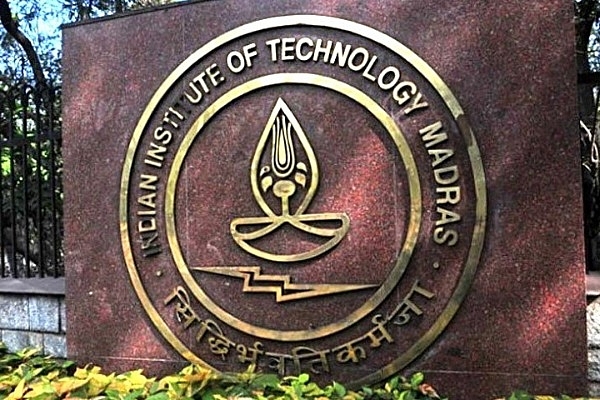Insta
Now Your Buildings May Come Out Of A Printer: IIT Madras Develops India’s First 3D Printing Construction Tech

Faculty members and alumni of the IIT Madras have developed India’s first 3D printing construction technology (picture via Facebook)
The Indian Institute of Technology Madras’ faculty members and alumni have developed India’s first 3D printing construction technology, reported The Business Line. Furthermore, they have successfully built the first 3D printed structure.
3D printers enable the printing of shapes and structures, which previously were not possible or hard to build using the conventional technologies. The invention of 3D printers can result in the printing of partially hollow structures or structures of shapes that will result in a considerable amount of material saving.
The IIT Madras Printability Lab has been established by extension of the civil engineering department of IIT-Madras manufacturing start-up known as Tvasta Manufacturing Solutions. This lab will be taking the indigenously developed technology to the market.
Tvasta Manufacturing Solutions aspires to automate the construction completely. It will do so by re-envisioning the construction process. Furthermore, it aims to develop a platform to provide a specific method to complete a single-storey home of 320 square feet in three days.
The IIT Madras now features a prototype structure which serves as a base model for Accelerating Research and Development. IIT wants to make affordable housing and sanitation a reality in the country, a press release from the institute said.
The technology can also enable development of natural materials or geopolymers which can make the construction process sustainable and green, the release said.
The development comes at the same time when IIT-Madras researchers design first indigenous-developed microprocessor.
Support Swarajya's 50 Ground Reports Project & Sponsor A Story
Every general election Swarajya does a 50 ground reports project.
Aimed only at serious readers and those who appreciate the nuances of political undercurrents, the project provides a sense of India's electoral landscape. As you know, these reports are produced after considerable investment of travel, time and effort on the ground.
This time too we've kicked off the project in style and have covered over 30 constituencies already. If you're someone who appreciates such work and have enjoyed our coverage please consider sponsoring a ground report for just Rs 2999 to Rs 19,999 - it goes a long way in helping us produce more quality reportage.
You can also back this project by becoming a subscriber for as little as Rs 999 - so do click on this links and choose a plan that suits you and back us.
Click below to contribute.
Latest